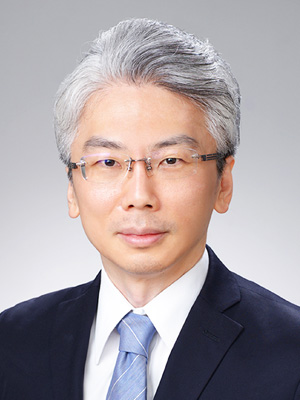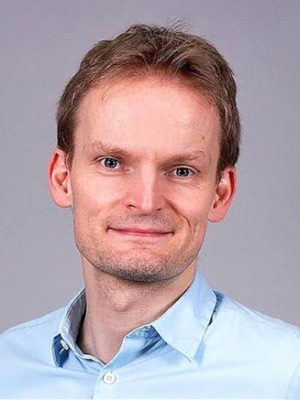SASIMI 2024
SASIMI 2024
SASIMI 2024
Invited Talks

Technology Challenges of Verification and Post-Silicon Validation for Supercomputer Fugaku
- Takahide Yoshikawa
-
- Fujitsu Ltd., Japan
- Date: March 11, 2024
- Time: 13:30 - 14:30 (UTC+8)
- Room: 801
Fujitsu has developed the world’s fastest supercomputer systems, including K Computer and supercomputer Fugaku. Such supercomputer systems are very large and complex, with more than 100,000 CPUs connected by more than 100,000 optical cables with a total length of about 900km. Once a functional or performance issue is found after the large-scale system has been assembled, it is difficult to identify and fix the cause. Therefore, in order to ensure that the system operates stably with the correct functions, expected power, and performance, various kinds of technologies are applied from requirements definition to manufacturing. In this presentation, I will introduce the overview of the Fugaku and the technologies used for verification (extraction of verification items, simulation, formal, power, and performance verification), testing (ATPG), post-silicon validation (automatic test generation), and manufacturing testing (test time reduction), in the development of Fugaku.
Biography:
Takahide Yoshikawa is a Project Director of Next Architecture Project, Fujitsu Research at Fujitsu Ltd. He received his B.E., M.E., and Ph.D. degrees from the University of Tokyo in 1994, 1996, 2002, respectively, and also, he is a Senior Member of IEEE. He has been involved in various kinds of server systems projects, such as the K computer and Fugaku. In the K computer project, he proposed and implemented the whole verification, validation, and test system of its interconnect, Tofu. In Fugaku, he led the verification and validation of the CPU. Currently, he is tackling research on the architecture of the future high-performance system.

Design Automation for Quantum Computing: How to (Not) Re-invent the Wheel for an Emerging Technology
- Robert Wille
-
- Technical University of Munich, Germany
- Date: March 12, 2024
- Time: 13:30 - 14:30 (UTC+8)
- Room: 801
Quantum computers are one of the most promising new technologies which are currently investigated. With physical realizations already available to a broader audience and several potential applications on the horizon, this raises the question how to efficiently design corresponding quantum computing solutions. Can we re-use established methods from the design automation of classical systems? Or do we have to start from scratch for quantum computing? This talk aims to provide answers to these questions. We are trying to make the point that we do not have to re-invent the wheel---but that a 1:1 re-use of classical design methods also won’t do the trick. The corresponding discussions are exemplified using design automation solutions and software tools from the Munich Quantum Toolkit (MQT). For more details, please see https://www.cda.cit.tum.de/research/quantum/.
Biography:
Robert Wille is a Full and Distinguished Professor at the Technical University of Munich, Germany, and Chief Scientific Officer at the Software Competence Center Hagenberg, Austria (a technology transfer company with 100 employees). He received the Diploma and Dr.-Ing. degrees in Computer Science from the University of Bremen, Germany, in 2006 and 2009, respectively. Since then, he worked at the University of Bremen, the German Research Center for Artificial Intelligence (DFKI), the University of Applied Science of Bremen, the University of Potsdam, and the Technical University Dresden. From 2015 until 2022, he was Full Professor at the Johannes Kepler University Linz, Austria, until he moved to Munich. His research interests are in the design of circuits and systems for both conventional and emerging technologies. In these areas, he published more than 400 papers and served in editorial boards as well as program committees of numerous journals/conferences such as TCAD, ASP-DAC, DAC, DATE, and ICCAD. For his research, he was awarded, e.g., with Best Paper Awards, e.g., at TCAD and ICCAD, an ERC Consolidator Grant, a Distinguished and a Lighthouse Professor appointment, a Google Research Award, and more.